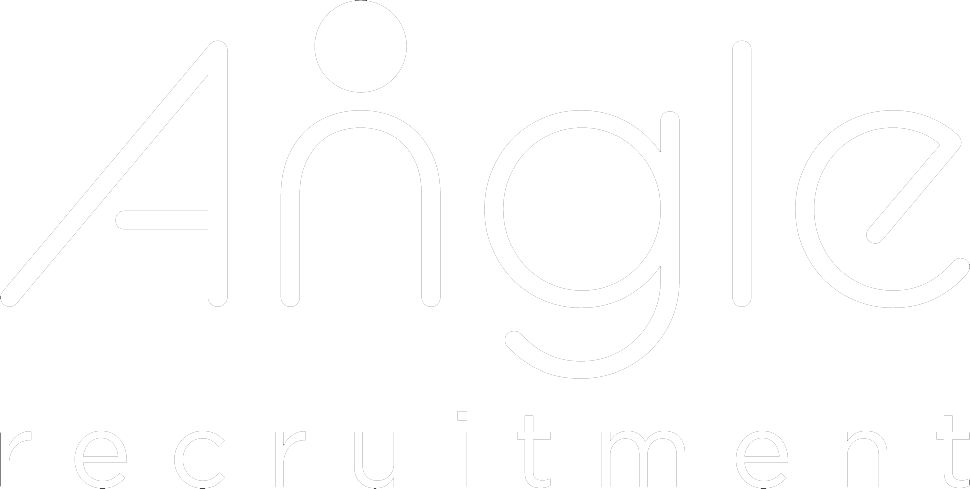Mastering the Telephone Interview: Top Tips for Success
In today’s digital age, telephone interviews have become a common step in the hiring process. Whether you’re an experienced professional or a recent graduate, it is crucial to be well-prepared and confident during this crucial interaction. To help you excel in your telephone interviews and land your dream job, here is a list of tips that may come in handy.
Pre-interview Preparation: Lay the Foundation for Success
Before the interview, take time to gather essential information and make necessary arrangements. Start by confirming the interview's date and time with the recruiter or hiring manager. Be sure to mark your calendar and set a reminder to ensure you are fully prepared.
Find out all about the company and do your research thoroughly. Explore the corporate website, understand their mission statement and find out more about the company’s latest news and notable projects. Familiarise yourself with their corporate values, culture, and industry trends. This knowledge will impress the interviewer and enable you to tailor your responses to the company’s specific needs.
If possible, find out the name of the interviewer(s) and their position in the company. Do some background checks on them on professional platforms such as LinkedIn to gain more insights into their background and professional interests. This can help you establish common ground and build better rapport during the interview.
Prior to the interview, prepare a list of potential questions the interviewer may ask, such as inquiries about your skills, work experiences, or reasons for leaving previous roles. Craft thoughtful and concise responses that highlight your strengths and demonstrate how you can add value to the organisation. Rehearsing your answers will ensure a smooth flow of conversation during the interview.
Create an Ideal Interview Environment: Set the Stage for Success
Select a quiet and comfortable location for the interview. Ensure minimal background noise and distractions to maintain focus and concentration. Let your family or housemates know about the scheduled interview to avoid interruptions.
Make sure your mobile phone’s connectivity and reception are in good order. A reliable signal is essential to prevent call drops or disruptions during the interview. Use a landline for added stability where possible.
Put your electronic devices to silent mode and turn off any message notifications and alerts that could disrupt the interview. It is important to maintain full concentration and give the interviewer your undivided attention.
Bring a printed copy of your resume or CV and ensure that any relevant paper documents, news clippings or reference materials are ready at hand. This will show professionalism and preparedness when you are making references to specific experiences, qualifications, or achievements during the conversation.
Professionalism and Engagement: Make a Positive Impression
Treat the telephone interview as seriously as an in-person meeting. Dress professionally to get into the right mindset. Though the interviewer cannot see you, your attire will contribute to your self-confidence and professionalism.
Smile while speaking, as it positively affects your tone and attitude. A smile can create a sense of warmth and enthusiasm in your voice, leaving a lasting impression on the interviewer.
Active listening is crucial during a telephone interview. Don’t be too eager to speak, pay close attention to the questions asked and avoid interrupting the interviewer. Take brief notes to capture essential details and refer back to them when needed. Demonstrating attentive listening skills will showcase your interest and understanding of the conversation.
Articulate your responses clearly and concisely. Avoid using jargon or technical terms that the interviewer may not be familiar with. Simplicity is key and use words that can be easily understood and be relatable to create a strong connection.
Highlight your achievements, professional skills, and qualifications throughout the conversation and any interesting facts that make you stand out from others. Discuss how your work experience aligns with the requirements of the role. Emphasise your ability to contribute to the company's success and provide concrete examples to support your claims.
Ask Relevant & Insightful Questions: Show Your Interest & Curiosity
Prepare a list of intelligent and relevant questions to ask the interviewer. This demonstrates your enthusiasm, engagement, and genuine interest in the role and the company. Ask questions about team dynamics, corporate culture, growth opportunities, or any recent developments in the industry. Thoughtful questions will help you gain invaluable insights into the organisation and make you stand out from other interviewees.
Closing the Interview: End on a Positive Note
Before concluding the interview, express your gratitude to the interviewer for the opportunity to discuss the role and your qualifications. Thank the interviewer for their time and consideration.
Ask questions about the next steps in the hiring process. Seek clarity on the timeline for decision-making and if there are additional interviews that may follow. This demonstrates your eagerness in the role and allows you to manage your expectations accordingly.
After the Interview: Follow-Up & Reflection
Take the initiative to follow up with a personalised thank-you email or letter to the interviewer. Reiterate your interest in the position and express your appreciation for their time and consideration. This gesture demonstrates professionalism and will leave a positive impression on the interviewer.
Reflect on the interview experience and evaluate your performance. Identify areas where you excelled and areas that need improvement. Learn from each interview and use the feedback received to refine your interview skills for future job opportunities.
Remember, practice makes perfect. The more telephone interviews you participate in, the more comfortable and confident you will become. Stay positive, be authentic, and let your skills and personality shine through the phone.
By following these useful tips, you will be well-equipped to handle telephone interviews with poise and professionalism, increasing your chances of securing your ideal job. Good luck!











